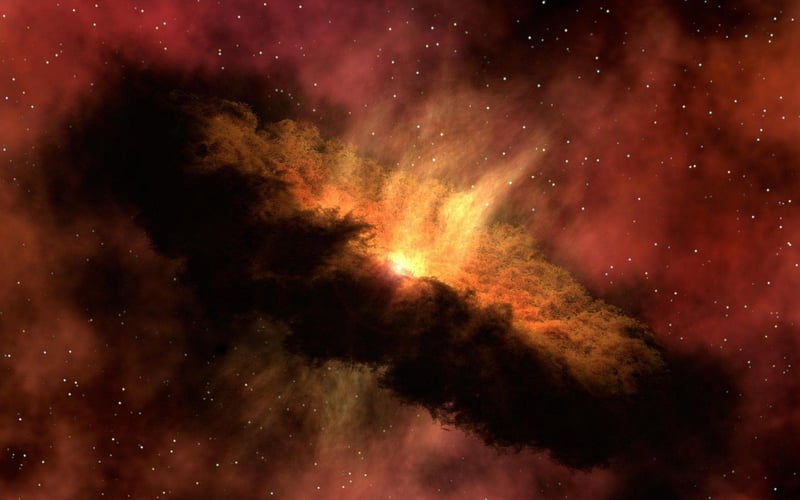Predestination Paradox
Diving into Temporal Anomalies and the Predestination Paradox
Time travel has always been a captivating concept that sparks curiosity and imagination. One fascinating aspect of time travel is the idea of temporal anomalies and the paradoxes they can create. One such paradox that often intrigues both scientists and science fiction enthusiasts is the Predestination Paradox.
Understanding Temporal Anomalies
Temporal anomalies refer to disruptions or irregularities in the flow of time that deviate from the normal sequence of cause and effect. These anomalies can occur when events in the past, present, or future are altered, leading to inconsistencies and contradictions in the timeline.
Types of Temporal Anomalies:
- Bootstrap Paradox
- Grandfather Paradox
- Ontological Paradox
- Predestination Paradox
The Predestination Paradox
The Predestination Paradox, also known as a causal loop, is a concept in which a time traveler unknowingly becomes part of a chain of events that leads to their own existence. In this paradox, the future influences the past, which in turn creates the future, forming an unending loop with no clear origin.
In a typical Predestination Paradox scenario, a time traveler goes back in time and inadvertently fulfills actions that ensure their own future, ultimately leading to a self-perpetuating cycle with no discernible beginning. This paradox raises questions about free will, determinism, and the nature of causality.
Implications and Theories
The concept of the Predestination Paradox challenges traditional notions of linear time and causality. Some theories suggest that the existence of such paradoxes could indicate the presence of multiple timelines or parallel universes, where each iteration of events creates a new reality.
Scientists and philosophers continue to debate the implications of temporal anomalies and paradoxes like the Predestination Paradox, exploring the boundaries of theoretical physics, metaphysics, and the nature of reality itself.
Conclusion
Temporal anomalies and paradoxes such as the Predestination Paradox offer a fascinating glimpse into the complexities of time travel and the intricate web of cause and effect. While these concepts may challenge our understanding of time, they also ignite our imagination and push the boundaries of what is possible.

Exploring the mysteries of time and paradoxes can lead to thought-provoking discussions and new perspectives on the nature of our universe.
